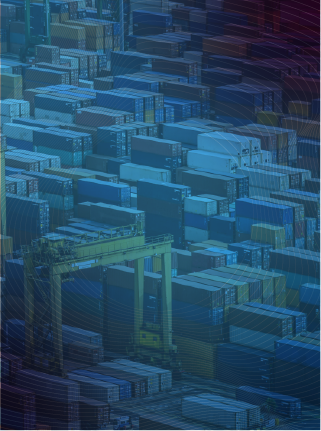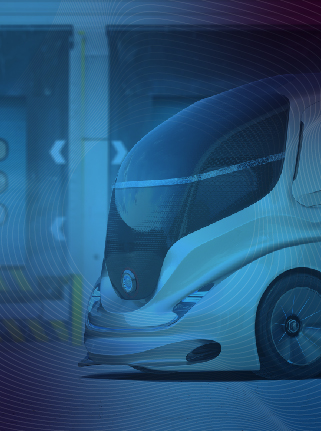Problem
One of the world’s most fragmented and ineffective industries is logistics. Due to inadequate supply chains and logistics, the majority of emerging markets lose 3–5% of their GDP annually. Effective logistics are a requirement for the long-term development of any business, nation, or region, as well as its citizens.
The lack of openness and the inability to go back and double-check the entire supply chain makes it simple for malevolent actors to alter supply chain management. In the end, businesses and consumers are affected by counterfeit items and this may be a serious issue.
Solution
Blockchain can help to build open, neutral, and robust systems that allow complete and easy integration with its clients’ ERP systems, providing visibility, reliability, availability of trucks, security, trust, higher cash flows, and stronger sales to its clients.
Close





